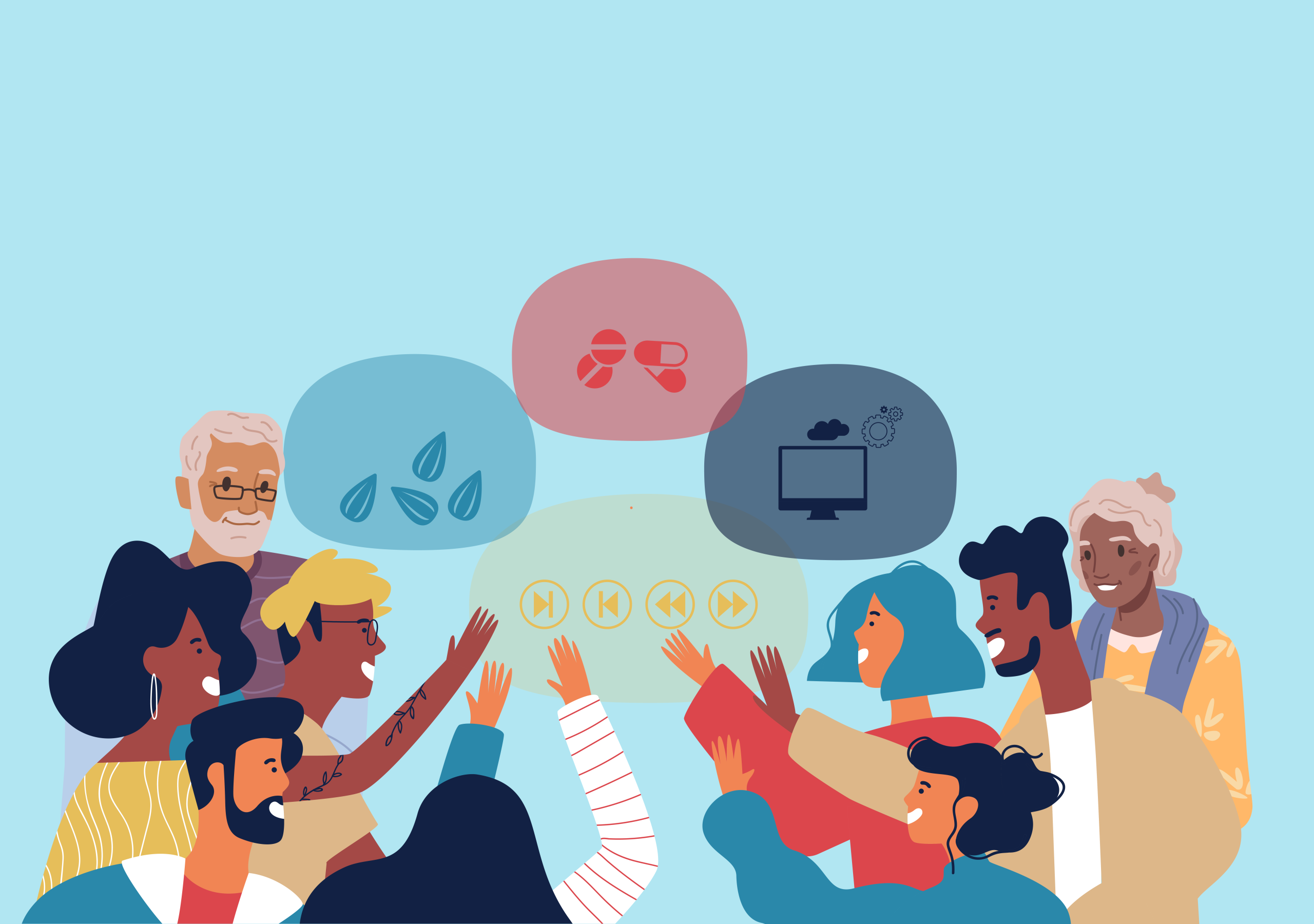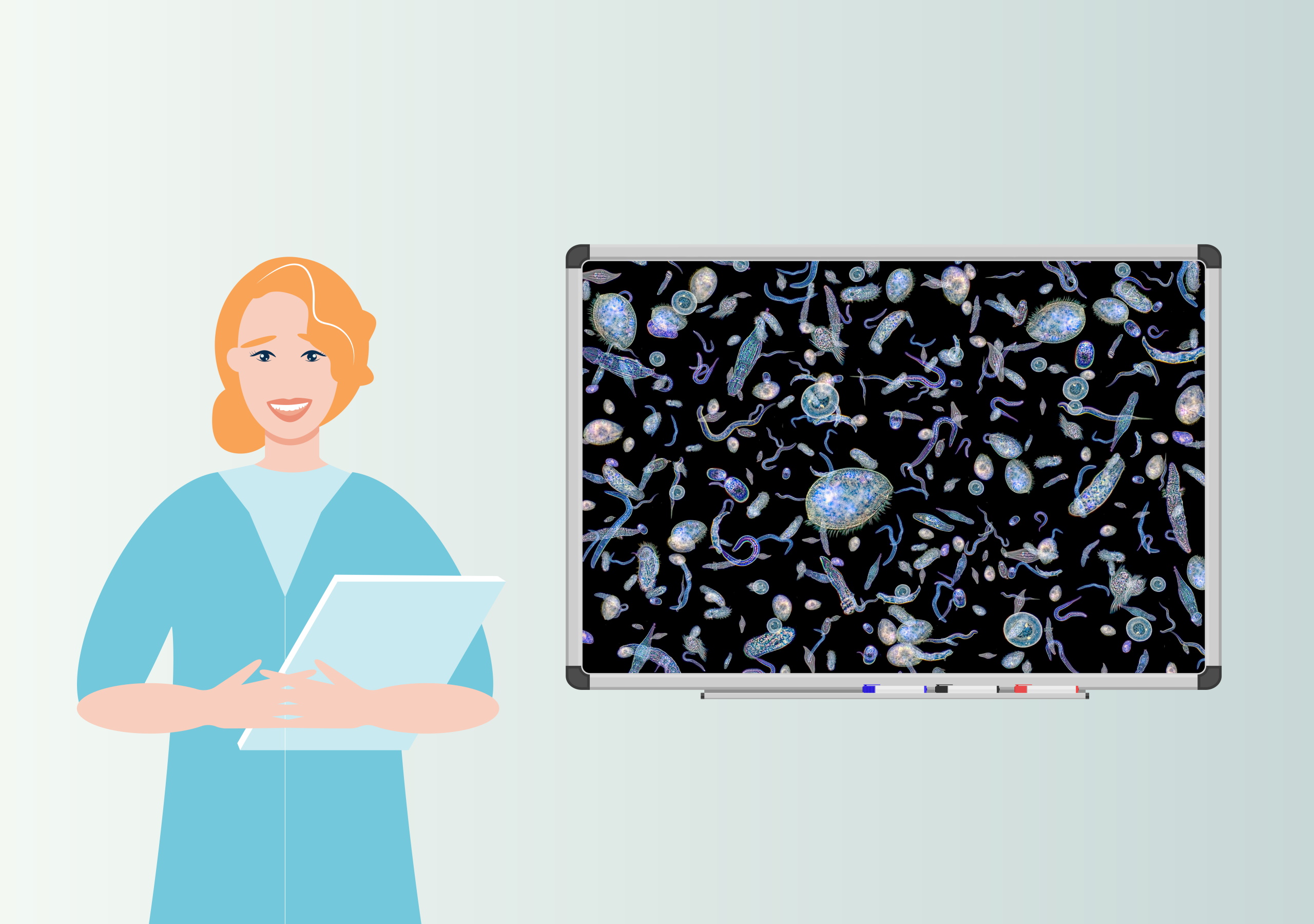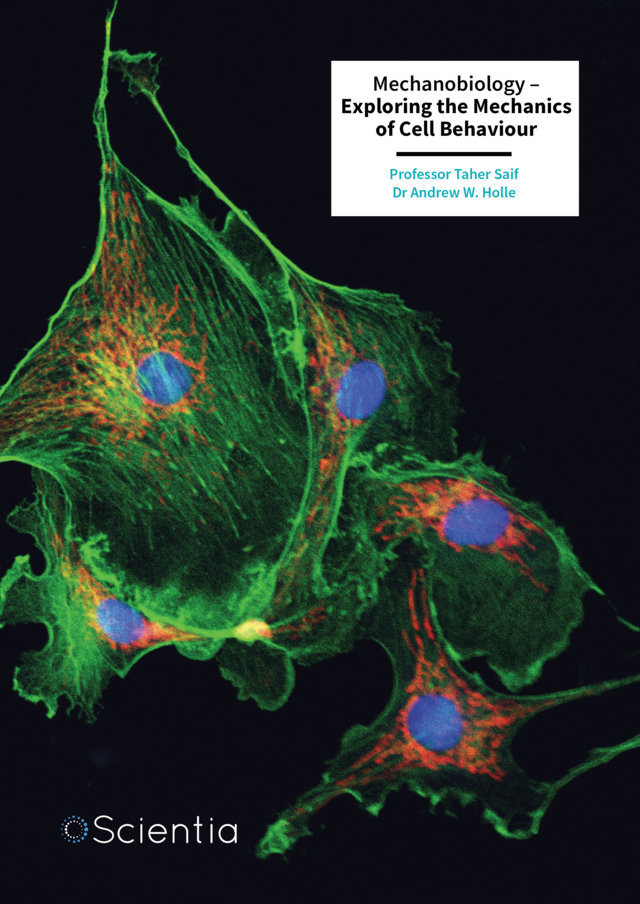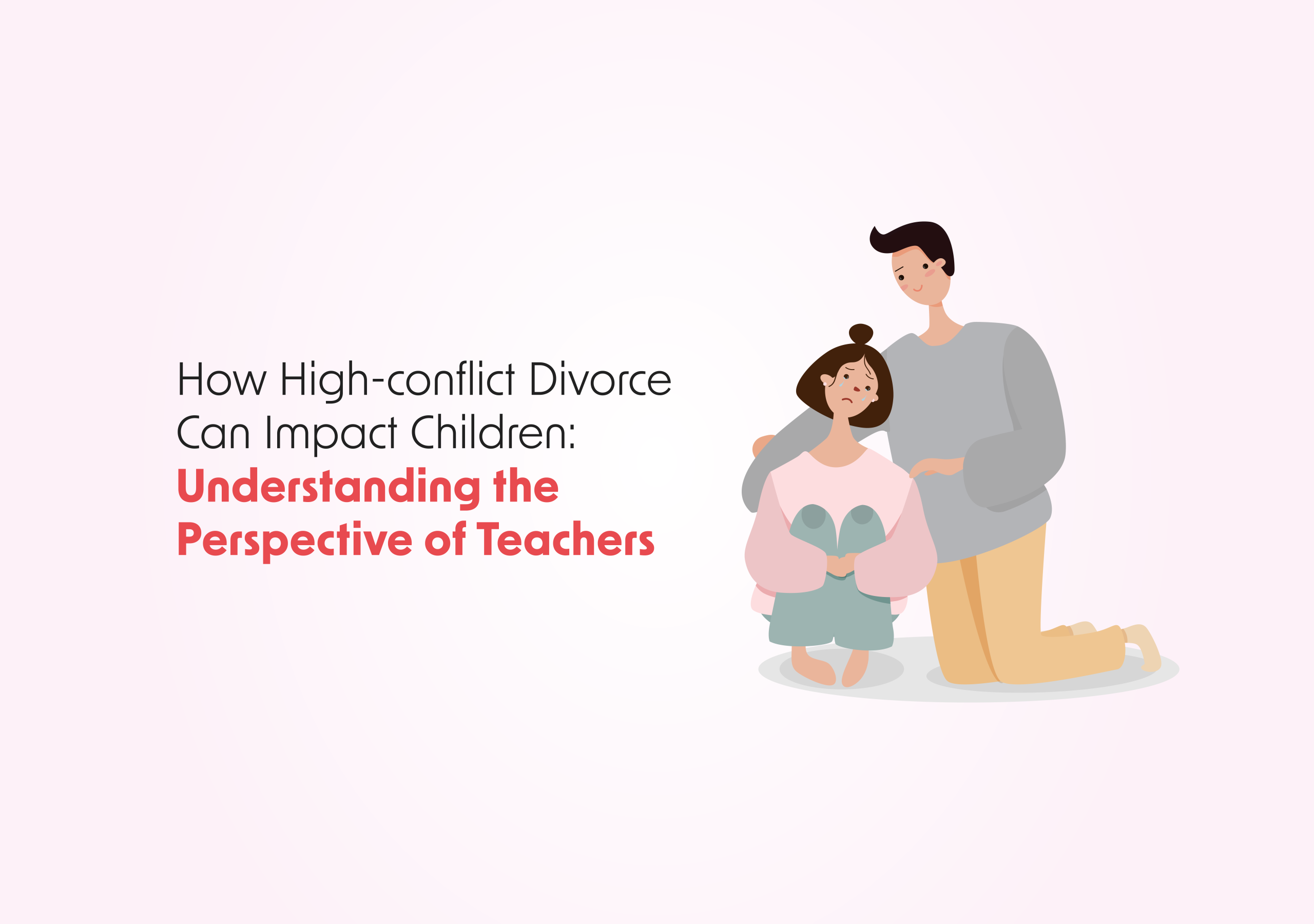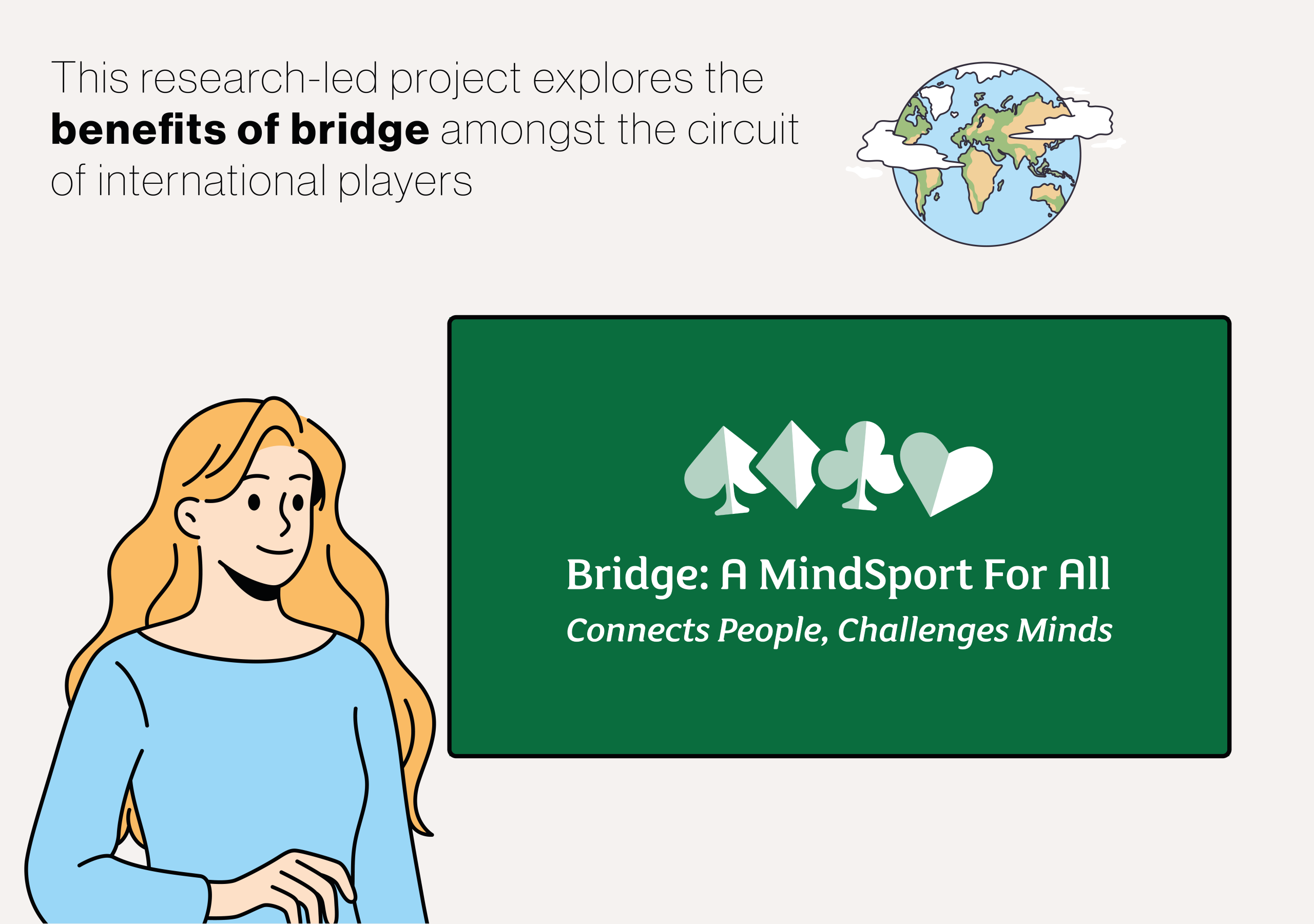When we reach into a medicine cabinet we aim to find something to relieve our symptoms and treat our ailments. This could be a painkiller for a headache, an antibiotic for an infection, or insulin for diabetes. Typically, we assume that what’s inside that blister pack, bottle or vial is real, safe, and effective. But what if it’s not, and not only may it be ineffective at relieving our symptoms, but it could even cause harm? That unsettling question is at the heart of a groundbreaking new study from the University of Plymouth. Led by Dr Maysa Falah and Dr Michael Dillon, the research team explored an underreported problem that quietly afflicts health systems worldwide: substandard and falsified medicines, or SF medicines for short. Through their research in Jordan, they offer a glimpse into how widespread and misunderstood the issue truly is, not just among the public, but also in pharmacies and clinics, revealing both the prevalence of poor-quality medicines and the deep uncertainty around what we trust to put in our bodies. More
Before we explore the findings, it’s important to understand what we mean by “substandard” and “falsified” medicines. Substandard medicines are legal but poorly made. They might have the wrong amount of active ingredient, been improperly stored, or fail to dissolve as intended. Falsified medicines, on the other hand, are outright fakes. These are counterfeit products made to look like real medications but contain the wrong ingredients, no active ingredient at all, or even harmful substances.
Together, these SF medicines represent not just a regulatory failure but a direct threat to health, undermining treatments and eroding public trust in healthcare systems. Though often viewed as a problem affecting only lower-income countries or remote regions, SF medicines are far more common than many realize. While the prevalence may be higher in low- and middle-income countries, SF medicines occur in both high-income and low- and middle-income countries. In fact, the World Health Organization estimates that one in ten medical products in low- and middle-income countries may be substandard or falsified.
In Jordan, awareness of this issue is startlingly low. The research team surveyed 209 members of the public and 136 healthcare professionals, including pharmacists and doctors. Strikingly, only 24% of the public and 35% of healthcare professionals were familiar with the concept of SF medicines.
Even among those who were “aware,” most could not correctly identify what an SF medicine was. 17% of the public and 26% of healthcare workers had personally encountered what they believed were SF medicines, but 81% of those experiences went unreported, in part because people did not know how to report such issues.
These numbers point to a chilling reality: even when people suspect something is wrong with their medication, they often don’t know what to do, or if they should do anything at all. The study was not just about numbers. It also captured personal stories and experiences. Some participants shared tales of smuggled drugs purchased from unauthorised vendors, medications that looked authentic but caused dangerous side effects, and generic drugs mistaken for fake ones due to perceived ineffectiveness.
One respondent recounted how a friend bought what appeared to be a legitimate acne treatment online, only to suffer severe side effects. Another spoke of a relative who used an injectable medication that nearly caused a coma due to unexpected insulin content.
These are not isolated anecdotes. The researchers emphasized that such incidents often go unreported not because people don’t care, but because they don’t know how to report, or even that they should report. A particularly troubling discovery was the confusion between generic medicines, which are legal, regulated, and affordable alternatives to brand-name drugs, and SF products.
Many participants, both from the public and healthcare sectors, equated generics with being “less effective” or “lower quality,” and some even labelled them as counterfeit. This confusion is dangerous. It risks undermining trust in an essential part of affordable healthcare and diverts attention away from truly dangerous, falsified products.
While the study was based in Jordan, its implications are global. Maysa and Michael point out that the issue is not about one country or one population. It’s about vulnerabilities that exist across borders, weak reporting systems, lack of public education, and the economic pressures that drive people toward riskier purchasing behaviours, such as buying cheaper drugs from unofficial sources or online vendors.
With increasing globalization, SF medicines don’t stay confined to one region. They cross borders, fuelled by online marketplaces and black-market supply chains. A fake blood pressure pill sold in one country today could easily make its way to pharmacies in another country tomorrow.
Thankfully, there are actions available that could help to reduce the negative impact of SF medicines among an unsuspecting public. Clear, accessible information campaigns are needed to help both the public and healthcare professionals understand what SF medicines are, and what they are not.
Right now, there are few clear avenues for reporting suspicious medicines in Jordan. The study recommends establishing anonymous, easy-to-use systems for both patients and providers. Policy and enforcement efforts to stem the tide of SF medicines are also important. For instance, stronger regulations around online and cross-border drug sales are crucial.
Perhaps most importantly, the study calls for policies that address the root economic issues that underly many instances of SF use, ensuring that people aren’t forced to choose between unaffordable brand-name medications and dangerously cheap alternatives.
This study serves as a wake-up call not just for Jordan, but for all. It reminds us that trust in medication isn’t just about what’s written on the label, it’s about the systems in place to guarantee that what’s inside that package is safe, effective, and real.
As these researchers suggest, tackling SF medicines is not just a technical or regulatory issue in one country alone but a joint regional and worldwide collaboration that is a matter of public trust, of safety, and of justice. Because no one, regardless of income or geography, should have to gamble with their health every time they swallow a pill.


